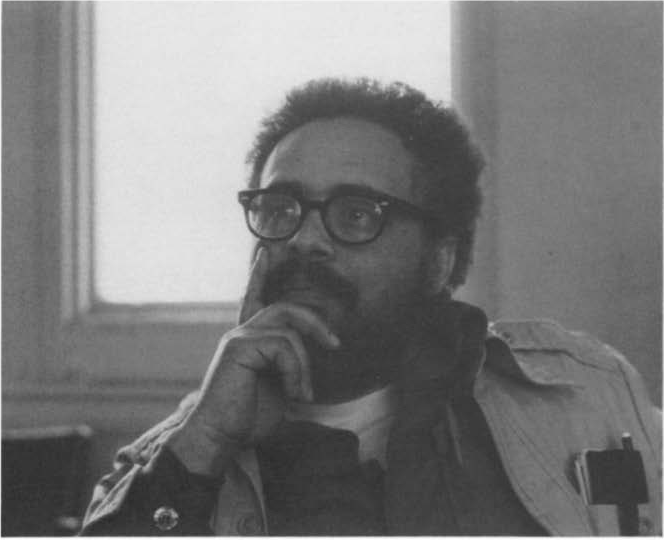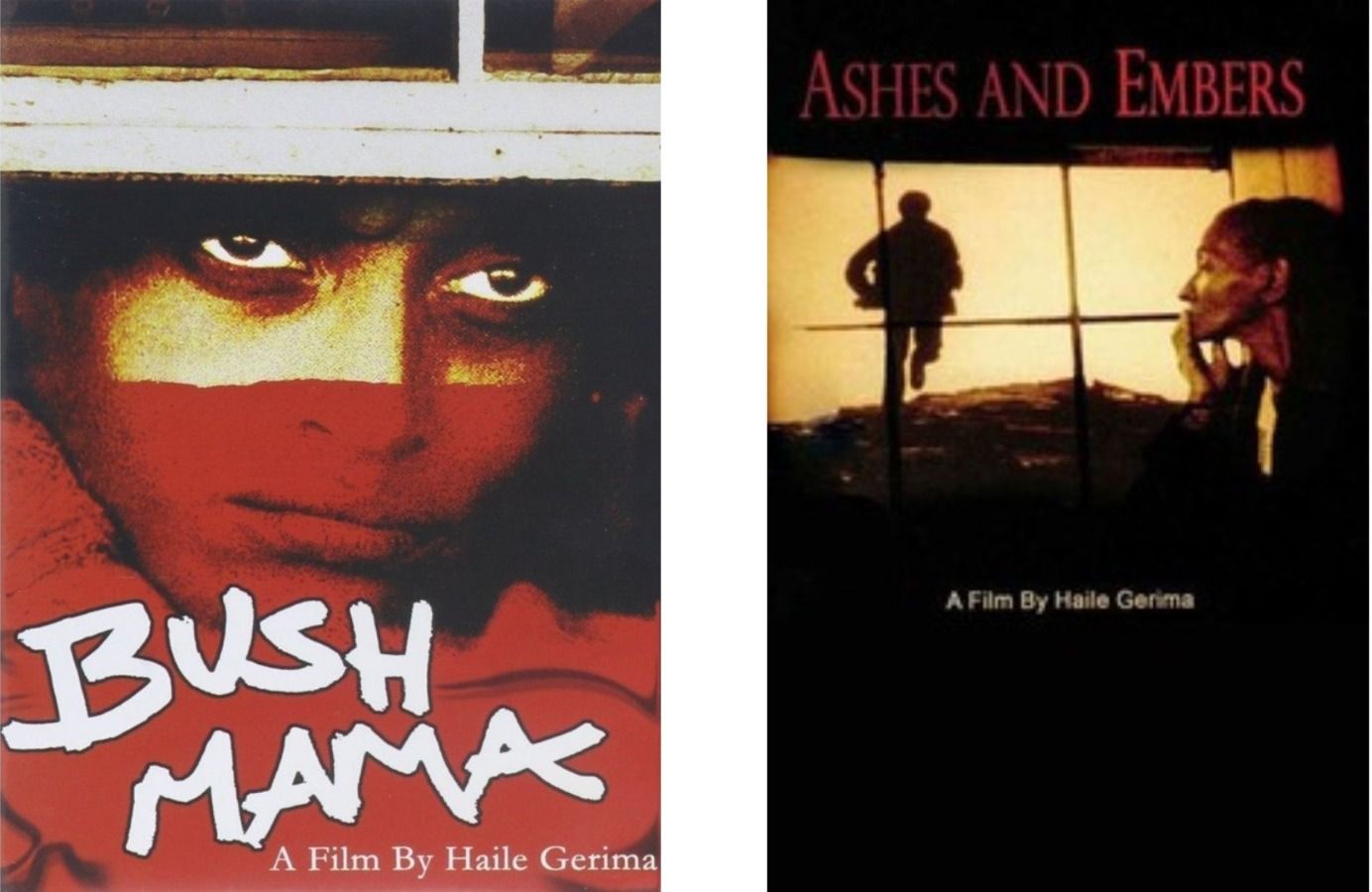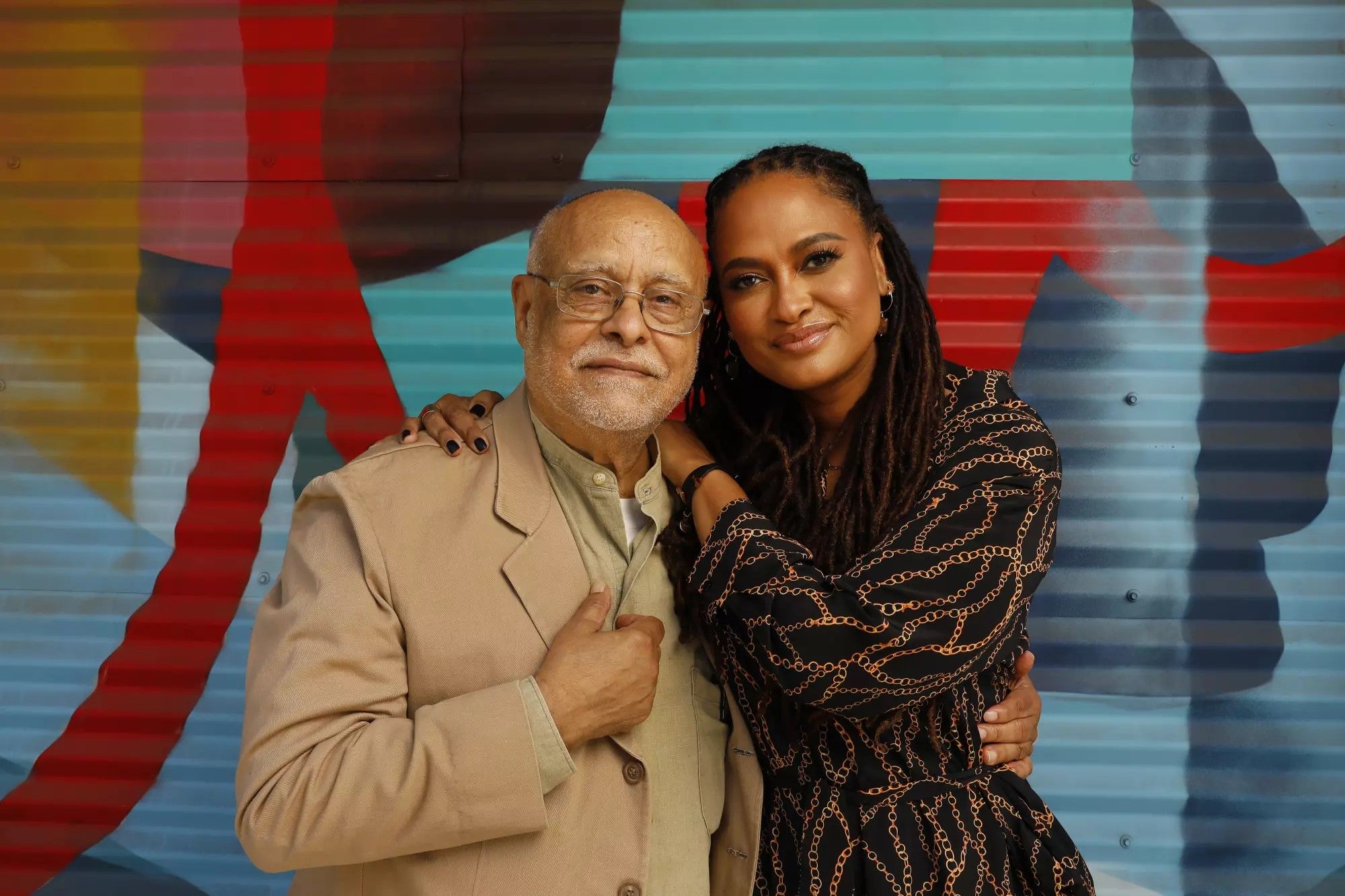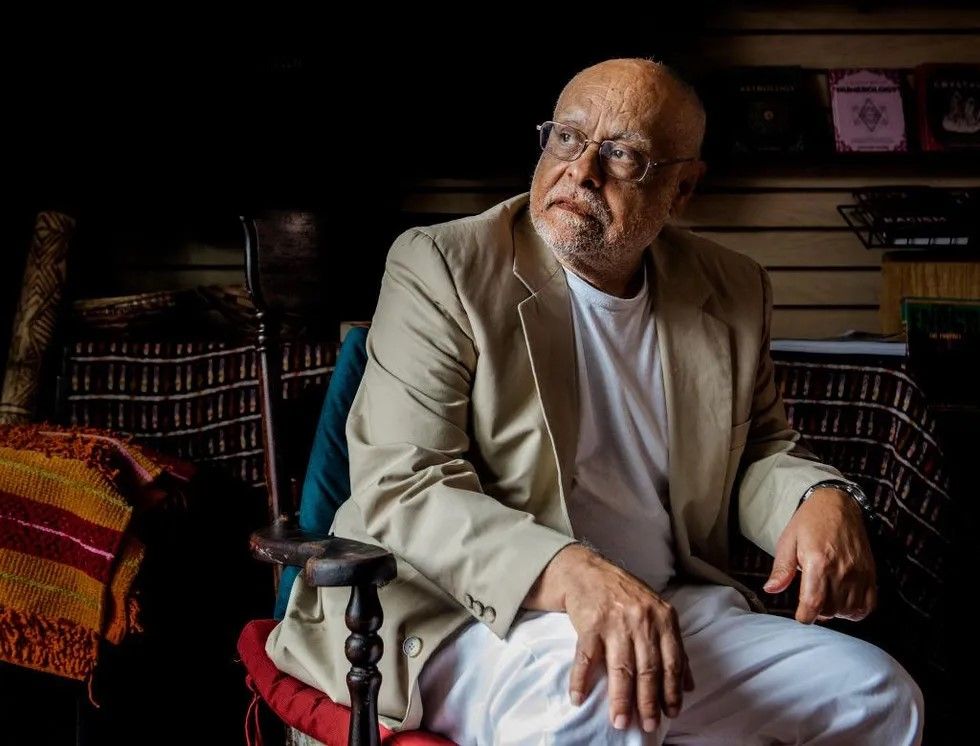“It’s very much a cinema of freedom. Hollywood is the plantation from which he has escaped.” -Aboubakar Sanogo
“Independent cinemas chief chroniclers of the African-American and African Diaspora[n] experience[s]” -Variety

Film maker Haile Gerima in his early days. Source: Haile Gerima
“For decades, followers of Haile Gerima’s work have been drawn to his unique method of explaining film narrative and intrigued by his rebellious attitude towards the traditional systems of making and criticizing films. His lectures often mirror the call and response experience seen in Black churches.” –Array 101.
Born in March of 1946 to a historian and playwright father and a teacher mother, Haile Gerima grew up in the theater. At the age of 21, Haile Gerima traveled to the United States of America to study theater, Chicago to be specific. He didn't stay in school for long because he didn't like the idea of black people being discriminated against; black people were not given relevant roles, which was extremely unsettling to someone who had never experienced racism.
Therefore, by sheer serendipity, Haile Gerima joined the UCLA School of Theater, Film, and Television. After seeing a black woman getting evicted in winter, Haile Gerima was inspired to create ‘BUSH MAMA’ as his thesis film in 1975.

Some of Haile Gerima's produced films, Bush Mama, 1979, and Ashes and Embers, 1982. Source: IMDB
“Gerima blends narrative fiction, documentary, surrealism and political modernism in his unflinching story about a pregnant welfare recipient in Watts……. With Bush Mama, Gerima presents an unflinching critique of the surveillance state and unchecked police power. The film opens with actual footage of the LAPD harassing Gerima and his crew during the shooting.” -UCLA: Film & Television Archive
Young Haile Gerima traveled to the U.S. during the height of the black rebellion movement, and he quickly became a part of it.
Haile Gerima has amassed multiple awards for his films but perhaps his most iconic film is entitled ‘Sankofa’ made in 1993. Sankofa originates from the Ghanaian word meaning “Retrieving the past while going towards the future”.
These words hold great power to Haile Gerima as he keeps on presenting cinematic bouquets to those before him, those heroes, those with stories, and those who are forgotten. He notes in the African American Review “By making films in our images, we assert our humanity; we assertively stamp the unique aesthetic identity of our being. The colonized images that occupy our brains and manipulate our reflexes have to be destroyed. If destroys is a harsh word, then remove. If removed is still a harsh word, then replaced. If that is still a harsh word, then let’s all join and praise the exploitation cinema and accept our stereotypical existence, our further dehumanization, and disappear from the traces of human history. ”

Filmmakers Haile Gerima and Ava DuVernay at the Array campus in Los Angeles. Source: Al Seib/Los Angeles Times
Haile Gerima is infamous for being an independent filmmaker who gets funding from public support and sometimes as he has put it in his own words "I take from my children's mouth". He is also infamous for his self-distribution which has influenced Hollywood greats like the ‘Selma’ filmmaker Ava DuVernay. Who was very instrumental in the restoration of the movie “Sankofa”
“Now, nearly 30 years later, a pristine restoration of “Sankofa” is streaming on Netflix in multiple countries. There’s something poetic about the movie introducing new audiences to Gerima’s legacy” published the New York Times.
Currently, Haile Gerima serves as a Professor of Film at Howard University in Washington D.C. while he continues to make films that pay tribute to his ancestors.

Filmmaker Haile Gerima in Washington. Source: Bill O’Leary/The Washington Post
As the article comes to a close, I would like to leave you with some brave and inspiring words from Professor Haile Gerima.
“In my long life as a filmmaker, however imperfect and small my contribution may be, I have always held my head high, never being ashamed to present any of my films in public. Each, from Hourglass to After Winter, represents a stage of my own growth. In my travels across the U.S. and other parts of the world, I have been encouraged to pursue my search for truth. Again and again, after screenings of my films, I have seen people emotionally and intellectually stimulated. And this is enough to return me to the film-editing room. In a society that is extremely tribalized and ghettoized, my films are always propelled onto the screen with the full confidence under which they were charged. They assert themselves to be taken as a normal film- nothing more, nothing less. ”
Where ever you are, in whatever craft or skill you‘re in, never be ashamed to speak and live your truth.
